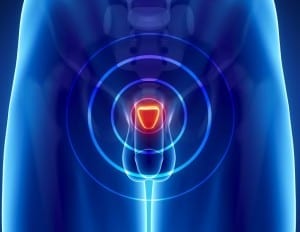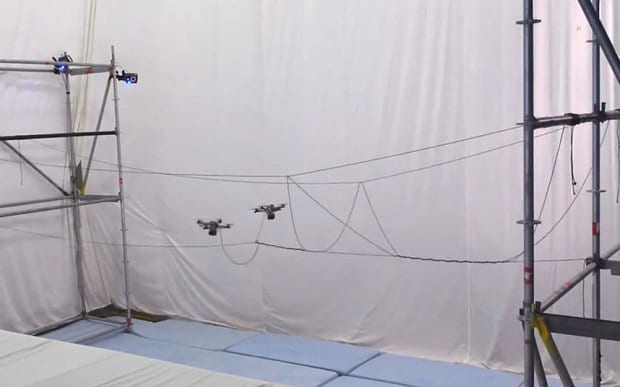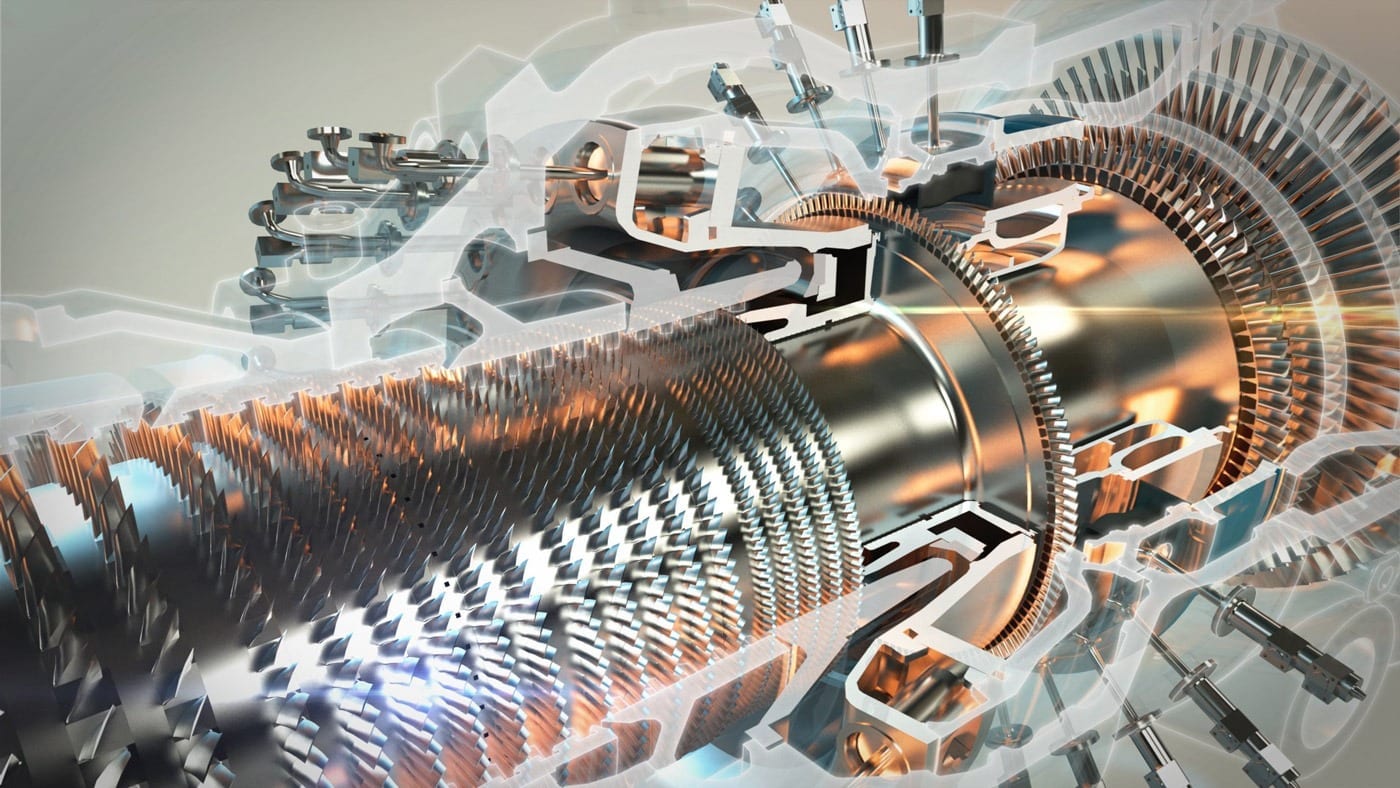
Research published recently in Science as Culture suggests that men are surprisingly positive and open to the concept of having cancer-detecting biosensors implanted within their bodies – effectively making them cyborgs.
Such auto biotechnologies can aid in the treatment or repair of tissue and organs without external human direction or control. They represent version 2.0 of cyborgs as originally invented by Clynes and Kline in the early 1960’s, referred to as the bodily adaptations required by individuals to live in outer space. Since then, science and technology have made giant leaps forward, leading to the innovative concept of ‘everyday cyborgs’, now increasingly forming an integral part of our reality.
Cyborgs are common in science fiction and are traditionally perceived as lacking emotion and human feeling. ‘Everyday cyborgs’ however, are real people who just happen to live with highly sophisticated devices – devices which could save lives.
In the article ‘Cyborgs in the Everyday: Masculinity and Biosensing Prostate Cancer ’ lead author Gill Haddow explores the phenomenon, portraying a new version of cyborg that goes beyond the traditional science-fiction monster stereotype we are used to. Haddow argues that biosensors are the key devices that differentiate a cyborg from default human beings, sensing when cancer tumours, present in organs such as the prostate, will be most vulnerable to radiotherapy.
Investigating opinions on such devices, by interviewing a dozen men recovering from prostate cancer, threw up surprisingly positive and open views. Biosensors were well received and the men interviewed felt that the devices might even be used as a long-term warning system, alerting doctors when a cancer might have returned and potentially delivering drug therapy. As reported by Haddow: “Any possible malfunctioning of the device was a risk worth taking as it was better to be cyborg than a ‘leaker and a bleeder’ – a crude term referring to the spoiled masculine identity that can be caused by prostate cancer”.
The study suggested that having cancer increased the willingness of the individual to try anything, even life as a cyborg. In light of that, the everyday cyborg becomes neither a monster nor a future space-traveller but, in this case, a man sick and vulnerable prepared to fight for his life with an implanted device.
Learn more: Cyborgs in the Everyday: Masculinity and Biosensing Prostate Cancer
The Latest on: Biosensor
[google_news title=”” keyword=”biosensor” num_posts=”10″ blurb_length=”0″ show_thumb=”left”]
via Google News
The Latest on: Biosensor
- Dexcom Reports First Quarter 2024 Financial Resultson April 25, 2024 at 5:03 pm
DexCom, Inc. (Nasdaq: DXCM) today reported its financial results as of and for the quarter ended March 31, 2024. First Quarter 2024 Financial Highligh ...
- Promising perspectives for the application of SDS Optic’s inPROBE technology platform for protein expression determinationon April 25, 2024 at 5:25 am
Traditional methods such as immunohistochemistry and fluorescence in situ hybridization depend on subjective assessment of tissue samples, sometimes leading to imprecise results. This can result in ...
- Strategies to tackle workplace energy slumpson April 25, 2024 at 4:54 am
Could balancing your blood sugars boost your performance at work? We look at the latest health tech innovations and talk to an expert ...
- USAMRAA grant supports COPD biosensor project at The Lundquist Instituteon April 24, 2024 at 10:02 pm
The U.S. Army Medical Research Acquisition Activity (USAMRAA) has awarded The Lundquist Institute (TLI) a four-year grant totaling $2,623,234.
- Panjab University gets patent for dual-function novel peptideon April 24, 2024 at 8:00 pm
PSA is used for early diagnosis of prostate cancer in the healthcare system and semen detection in sexual assault cases ...
- Zacks Investment Ideas feature highlights: Vertiv, Align Technology and DexComon April 22, 2024 at 6:02 am
Chicago, IL – April 22, 2024 – Today, Zacks Investment Ideas feature highlights Vertiv VRT, Align Technology ALGN and DexCom, Inc. DXCM.
- Trinity Biotech is seeking biosensor techs for Bray as it closes Kansas planton April 20, 2024 at 5:30 pm
Nasdaq-listed Trinity Biotech is hiring in Bray after it decided to stop its manufacturing operations in Kansas and move some of the operations to Co Wicklow.
- Nix Biosensor takes the guesswork out of hydrationon April 20, 2024 at 6:20 am
The stick-on pod offers personalized, real-time sweat analysis to help fine-tune a player’s fluid intake.
- 3 Innovative Stocks to Buy Before Earnings Amid the Market Pullbackon April 19, 2024 at 4:00 am
Today’s episode of Full Court Finance at Zacks dives into the recent stock market pullback. We then turn our attention to three innovators in their respective industries—Vertiv (VRT), Align Technology ...
- Kristen Helton wants to rethink how health care for women 65+ is deliveredon April 15, 2024 at 5:59 am
The founder of Herself Health says she hears over and over from women that they just don’t feel heard by their doctor.
via Bing News










